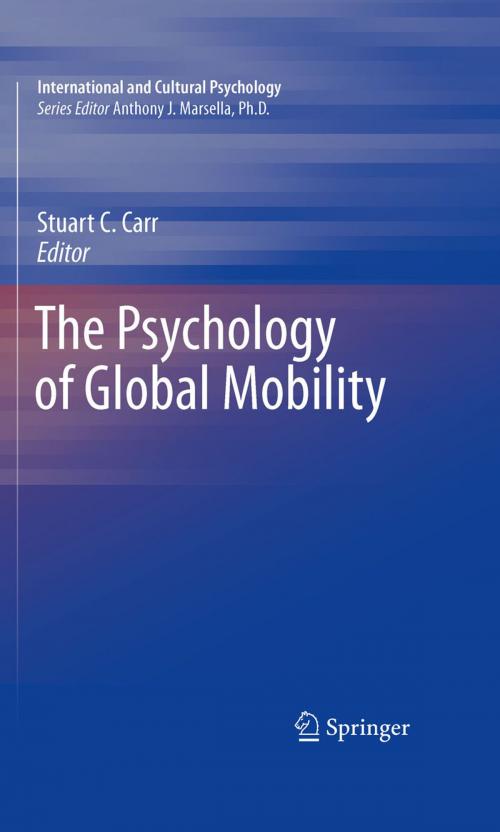The Psychology of Global Mobility
Nonfiction, Social & Cultural Studies, Social Science, Demography, Health & Well Being, Psychology, Social Psychology| Author: | ISBN: | 9781441962089 | |
| Publisher: | Springer New York | Publication: | July 16, 2010 |
| Imprint: | Springer | Language: | English |
| Author: | |
| ISBN: | 9781441962089 |
| Publisher: | Springer New York |
| Publication: | July 16, 2010 |
| Imprint: | Springer |
| Language: | English |
Human mobility has been a defining feature of human social evolution. In a global community, the term "mobility" captures the full gamut of types, directions, and patterns of human movement. The psychology of mobility is important because movement is inherently behavioral. Much of the behavioral study of mobility has focused on the negative – examining the trauma of forced migration, or the health consequences of the lack of adaptation – but this work looks into the benefits of mobility, such as its impact on career capital and well-being. Recent years have witnessed a phenomenal increase in efforts to understand human mobility, by social scientists, think-tanks, and policymakers alike. The book focuses on the transformational potential of mobility for human development.
The book details the historical, methodological, and theoretical trajectory of human mobility (Context), followed by sections on pre-departure incentives and predispositions (Motivation), influences on acculturation, health and community fit (Adjustment), and changes in career capital, overcoming bias, and diaspora networks (Performance).
Human mobility has been a defining feature of human social evolution. In a global community, the term "mobility" captures the full gamut of types, directions, and patterns of human movement. The psychology of mobility is important because movement is inherently behavioral. Much of the behavioral study of mobility has focused on the negative – examining the trauma of forced migration, or the health consequences of the lack of adaptation – but this work looks into the benefits of mobility, such as its impact on career capital and well-being. Recent years have witnessed a phenomenal increase in efforts to understand human mobility, by social scientists, think-tanks, and policymakers alike. The book focuses on the transformational potential of mobility for human development.
The book details the historical, methodological, and theoretical trajectory of human mobility (Context), followed by sections on pre-departure incentives and predispositions (Motivation), influences on acculturation, health and community fit (Adjustment), and changes in career capital, overcoming bias, and diaspora networks (Performance).















